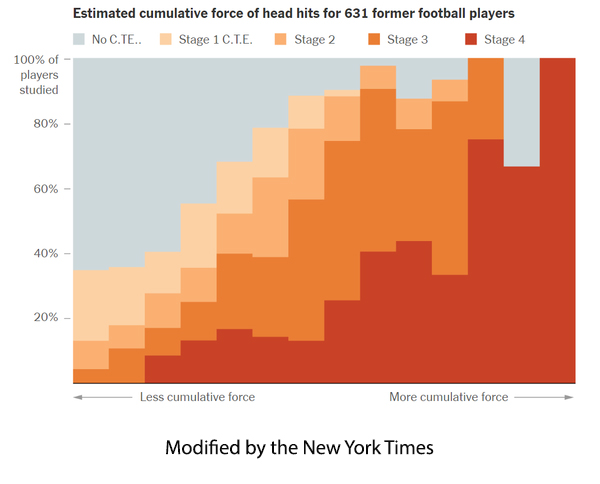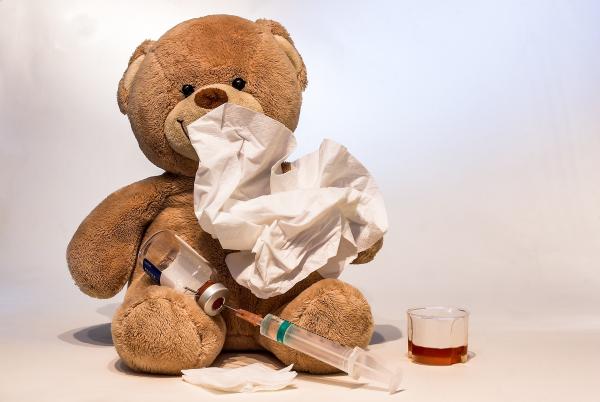Where settled science competes with gaps in knowledge
Recent reports indicate that almost a quarter of Americans under 40 ‘probably’ or ‘definitely’ will not get vaccinated against COVID-19. The graph displays some of the reasons. 
There are others: An Israeli study recently documented a probable association of the Pfizer vaccine with myocarditis in young men age 16-19). [1] A few recent cases suggest a possible association with a rare blood disorder called thrombocytopenic purpura (TTP). And last week, there was a report of a thirteen-year-old boy dying after receiving the vaccine. Although, at this point, there is no causal connection, these reports are sufficient to give one pause.
Vaccines in Teens?
Most experts continue to advise vaccination -- even in the younger cohort, claiming the risks of the disease outweigh the risks of the RNA vaccines. In the myocarditis cases, for example, 95% were mild and quickly resolved. Experts also realize that COVID-19 is a concern for the under forty, with those between age ten and thirty now at the greatest risk. With the Delta variants surging, perhaps we should re-evaluate whether RNA vaccines are appropriate for the younger cohort?
Reports suggest that the Delta variant, although more infectious, is now causing an increase in severe disease, although the average age of serious cases is still under 65 and most cases are under 70. Also, the effectiveness of these vaccines against the Delta variant tallied about 64% (compared to around 95% against COVID-19 Alpha), likely due to its morphed structure.
Mutations, Variations, and Genetic Gyrations
Development of mutations and variants are to be expected. To mutate, the virus needs to circulate and multiply. The more infected people, the more hosts the virus has to perform the genetic gyrations that give rise to a mutation. The more susceptible hosts available to be infected with this new mutation, - the more likely the variant is to gain traction.
The impact (and importance) of population vaccination, even if only 60% effective, is in reducing the chances of developing a new and effective mutation that might evade vaccination. The additional precaution of masking might reduce transmission and subsequent mutation still further.
Social Consequences of the Delta Variant
At the beginning of June, as cases dramatically fell in Israel in tandem with a successful vaccination campaign, most COVID-19 regulations were removed. Malls filled, restaurants thrived, hotels began to open. It was hoped that individual tourism, now banned, would shortly be resurrected. Then the highly infectious Delta variant infiltrated en masse.
Infections surged – mostly in unvaccinated children. In one city, twenty children were infected when parents disregarded a quarantine order and allowed an exposed child to attend school. Six classes were shuttered, and 723 children were forced to learn at home. At the end of June, fully one-third of all 1200 cases were in children 12 to 15.
The Delta variant, responsible for 70% of new Israeli cases (and 50% of the American ones), resulted in the reimposition of mask requirements just three weeks after they had been removed. Case numbers reached heights not seen since March. New restrictions were imposed on travelers. The long-awaited removal of tourist restrictions is being delayed. And now, the Delta variant has morphed yet again – now we are dealing with the Delta Plus variant of unknown contagion or pathogenicity.
When science is indeterminate, will ethical considerations provide a basis for comforting decision-making?
Current anti-viral therapies, including steroids and more controversial ones like hydroxychloroquine or ivermectin, do not prevent disease, although they may reduce its consequences. Non-pharmacologic strategies, like masking and lockdowns, may reduce transmission but invades autonomy and have other negative social and economic impacts. Vaccination, which both prevents disease and also reduces transmission, may have side effects. So, what’s a responsible person/parent to do when the science is inexact or iffy?
Autonomy
One of the guiding principles in bioethical theory emerges from the Beauchamps and Childress model. This approach values autonomy as one of the four pillars in bioethical decision-making – meaning everyone should have the right to decide whether to, for example, vaccinate themselves or their children. But in Jacobson v. Massachusetts, the United States Supreme Court vested vaccination-decision-making in the state government, declaring that there are limits to individual freedoms when it impacts public health.
Recent Supreme Court cases, notably Roman Catholic Diocese v. Cuomo, impose limits on the state’s police power to curtail individual freedoms. Dozens of pending new cases seek further brakes to governmental powers to regulate health during health emergencies. If successful, these cases will open the door to increased autonomy in vaccination decision-making. This may not be a good thing, either for the population – or for the individual.
Solidarity
Another approach in bioethical decision-making is based on the maxim of “solidarity.” The UNESCO Declaration on Bioethics and Human Rights defined the value as an obligation of individuals to see themselves as part of a broader collective. This moral and ethical imperative imposes a mutual sense of belonging and group-oriented responsibility to care for all members of the collective society – even if it’s not in one’s interests, reflecting group-oriented responsibility to care for all members of the collective society. [2]
“The notion of solidarity may be perceived by some as a collectivistic value that jeopardizes individual autonomy…. According to this individualistic perspective, solidarity threatens the individual’s ability to be free from social and cultural directives.”
Roy Gilbar and Efrat Ram-Tiktin
Some theorists claim that the two approaches (autonomy and solidarity) are in direct conflict. We see the discord manifest in the US. The red states, which are under-vaccinated and where many reject masking – express a rugged individualism. Blue states seem to adopt the social justice mantra and communalism as their guiding star and generally partake in measures and behaviors that benefit the collective.
In the recent measles epidemic, libertarians focused on autonomy, choosing to protect their own kids by not vaccinating, at the expense of solidarity, and achieving herd immunity that might benefit an immunocompromised child down the block.
Relational Autonomy
Recently, theorists are trying to reconcile the divide between autonomy and solidarity. Some propose a hybrid concept called “relational autonomy.” This melange has been mostly applied where the individual is also a member of a close family unit. Rather than weighing benefits to the self against those of an unknown and faceless populace, the approach sees the individual as integral to a smaller, cohesive collective where the social unit benefits the would-be autonomous individual. But this approach also requires the individual to receive personal benefits from his or her contribution to the collective.
The COVID-19 pandemic and the emergence of the Delta variant allows us to expand this approach to a broader and faceless populace. In my discussions with parents averse to vaccinating their children during the measles epidemic, concerns of population welfare were of no concern. Now, with COVID-19 upon us, perhaps, new factors may shift the calculus. Consider:
The Israeli government’s policy against recommending teen vaccines in May set the country back significantly in terms of economic recovery. Hundreds of children are now cooped up at home; their in-school education precipitously yanked from them. Nevertheless, the temptation to vaccinate teens gnashes against the risks and the desire for autonomy. Yet, in addition to a retrogressed economy arising from this delayed vaccine policy, the failure to vaccinate contributes another harmful and universal vector, the greater opportunity and likelihood for viral mutation, which is about to spiral the almost-in-control situation out-of-control again.
One way of apprehending the virus is that it exists as a collective - its survival is not dependent on individual pathogenicity. Rather, its survival depends on transmission effectiveness within a population. To counter the collective “mentality” of viral transmission requires a different mindset than rugged individualism or autonomy. Destroying the virus means thinking like it - by employing solidarity - acting as a collective. In this case, that also translates into an individual benefit – by reducing the opportunity for the emergence of variants with the potential for even greater transmission.
So, whether all is for one or one is all, unless there are pre-existing risk factors, such as a relevant cardiac history, it would seem vaccination (with the RNA vaccines) would help your child, your economic well-being, and the future health of all of us.
[1] Pfizer denies any causal contribution




